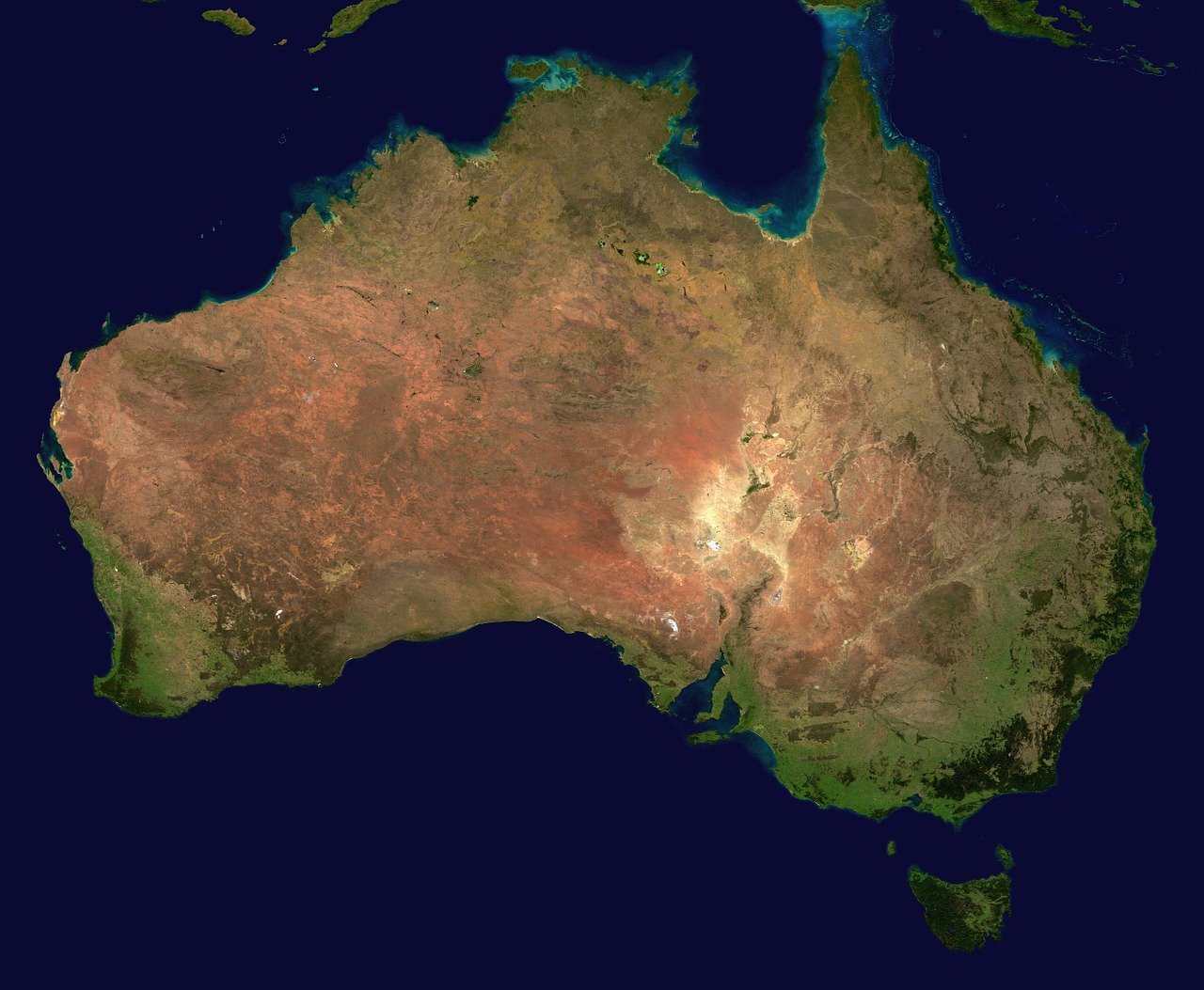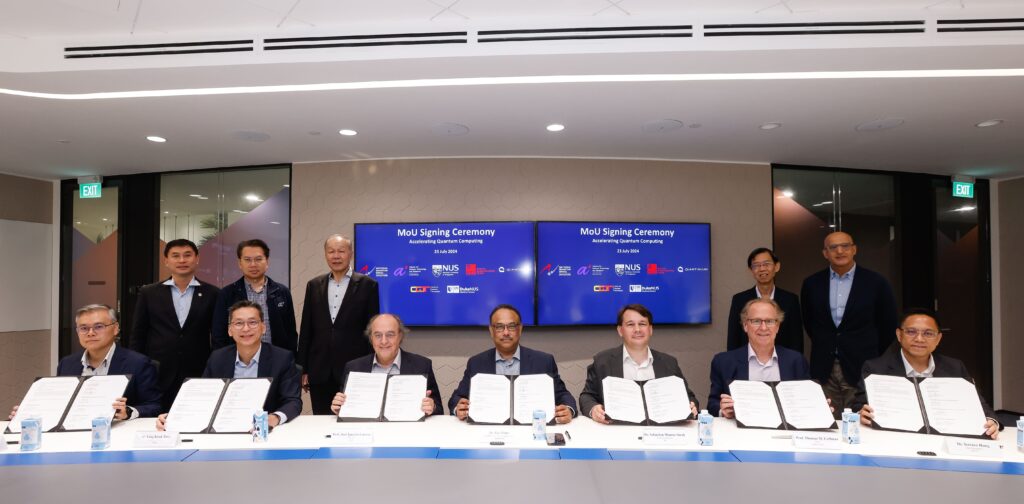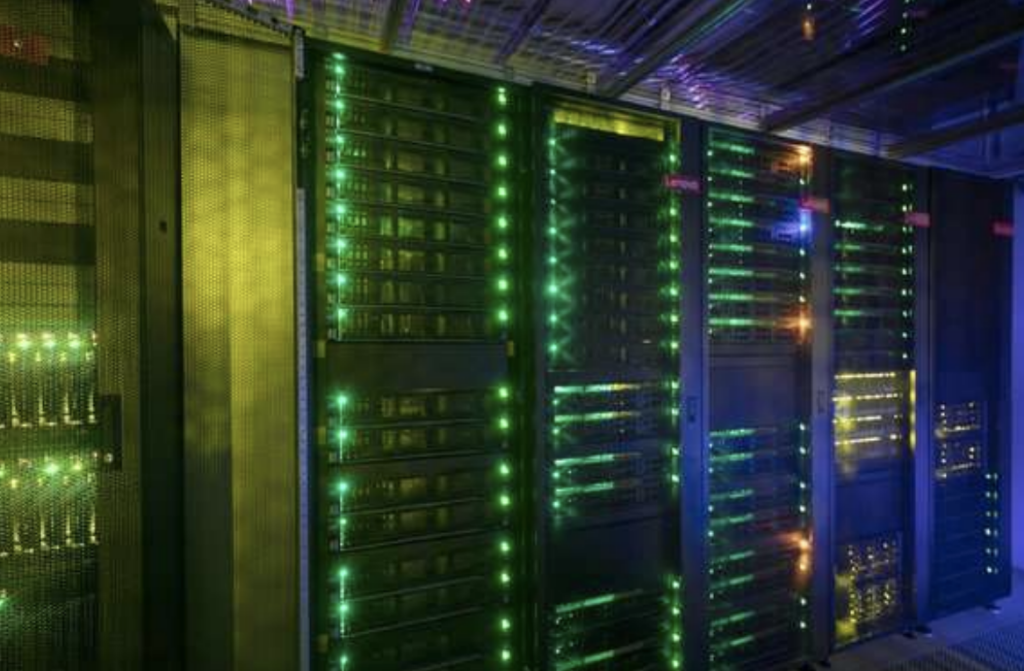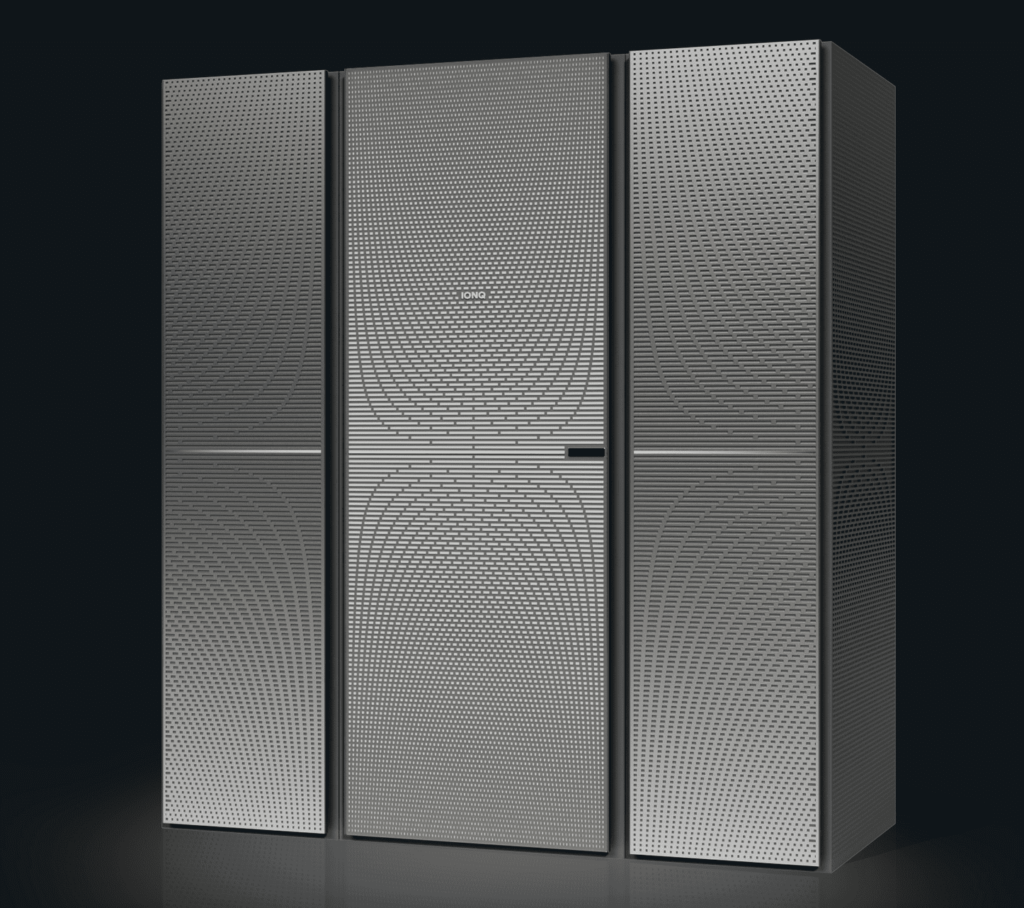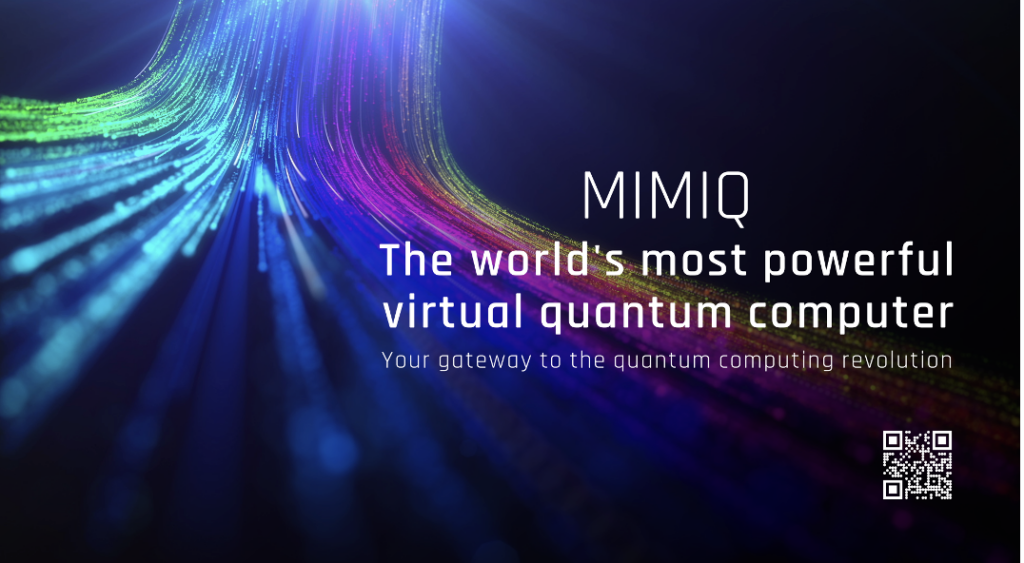Google AI is investing heavily in quantum research in Australia, according to a company blog post. The Google AI team reports it launched new partnerships with with University of Sydney (USYD) and UNSW Sydney (UNSW) and expanded research collaborations with Macquarie University (MQ) and University of Technology (UTS).
The research projects will explore the use quantum technology — hardware and software — to address real problems and opportunities, according to the post written by Hartmut Neven, engineering vice president, Google AI Quantum Team.
Neven writes: “This collaborative research will help tackle issues of global significance and will span the gamut from Quantum Algorithms and Quantum Hardware research. Teams will look into ways to make quantum computing useful and usable, exploring application fields like sensing, communications and materials science – which have the potential to change how we interact with our world.”
Sustainability is a key theme of the projects. One of the research leads, MQ Professor Dominic Berry, is developing algorithms that could be used to design a more efficient process to produce fertilizer, or to design faster charging, longer range batteries for electric cars. USyd Associate Professor Ivan Kassal is developing new quantum algorithms for simulating chemical reactions, to better understand how pollution affects our atmosphere and ecosystems.
Other research projects include: UNSW Professor Susan Coppersmith’s investigations into properties of materials on an atomic scale and UTS Professor Michael Bremners’ exploration of mathematical structures that could help speed up computation with quantum computers.


The move will be a boost quantum research in Australia, specifically, but, in general, the aim is to propel research that can make quantum computing scalable, according to Neven.
Neven writes: “We are also building our quantum research team based in Sydney, which includes our newly-appointed quantum computing scientist, Dr. Marika Kieferova, who will help to coordinate these collaborations and represent the Quantum research team locally in Australia. This investment will allow us to explore fundamental questions about the nature of quantum computing and help us progress towards scalable quantum computing. With our partners, we look forward to exploring this exciting new frontier of technology, discover new possibilities and pave the way for a stronger digital future – in Australia and around the world.”
Australia is one of the world’s key quantum ecosystems, a fact not lost on Neven or Google AI. The team has invested in several research initiatives in Australia in the past, including previous quantum projects.
He writes: “To help break new ground and ensure that Australian researchers remain at the forefront of this important field, Google Australia announced in 2021 that we’re deepening our investment in quantum computing under the Digital Future Initiative (DFI) – a $1 billion investment in Australian infrastructure, research and partnerships that aims to strengthen local capabilities, support jobs and help build Australia’s digital economy for the future. As part of this overall investment, we have launched Australia’s first ever research hub, Google Research Australia.”
Neven writes that he believes quantum technology has the potential to achieve goals and solve problems that would be unattainable by classical computing approaches.
He writes: “Quantum computers have the potential to better our understanding of how the world behaves on a quantum scale, leading to discoveries that could address problems which have until now, seemed out of our reach. Quantum Chemistry alone could enable the discovery of new life saving medicines and allow us to better model and predict the impact of atmospheric matter on our climate. The potential of quantum computers goes well beyond simulating physical systems and can speed up solving systems, crack cryptography and enable new applications of machine learning.”
Click here to read more about Google’s efforts down under.
For more market insights, check out our latest quantum computing news here.


